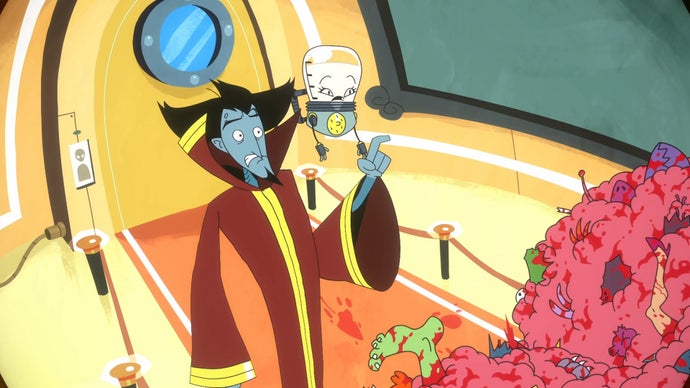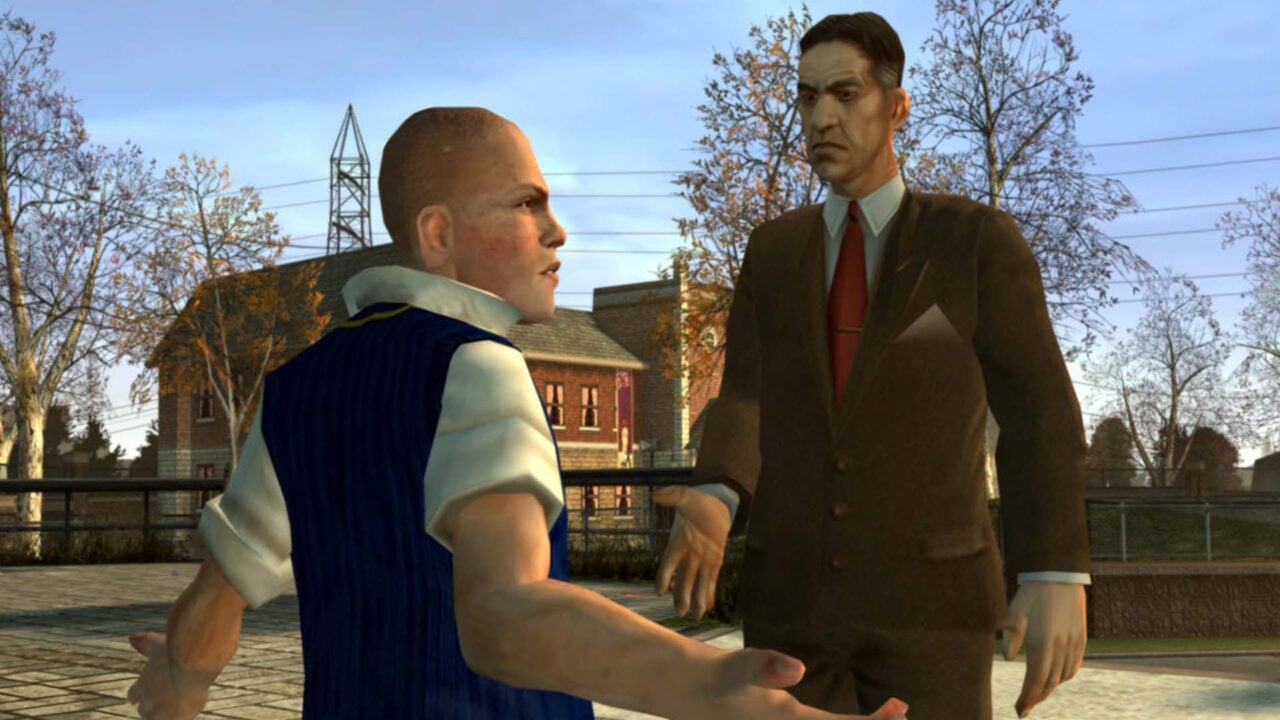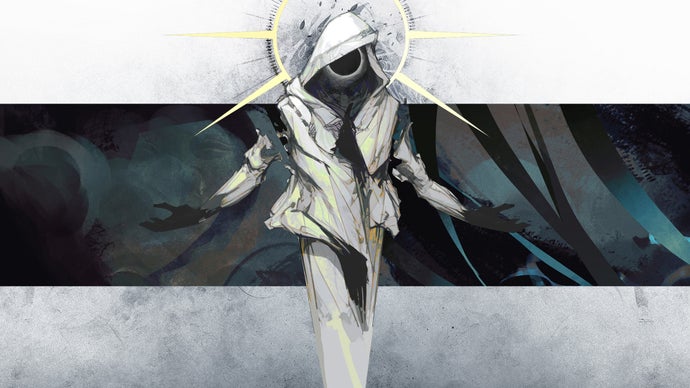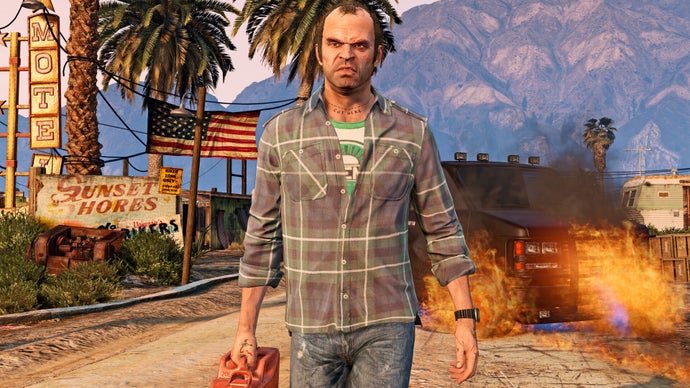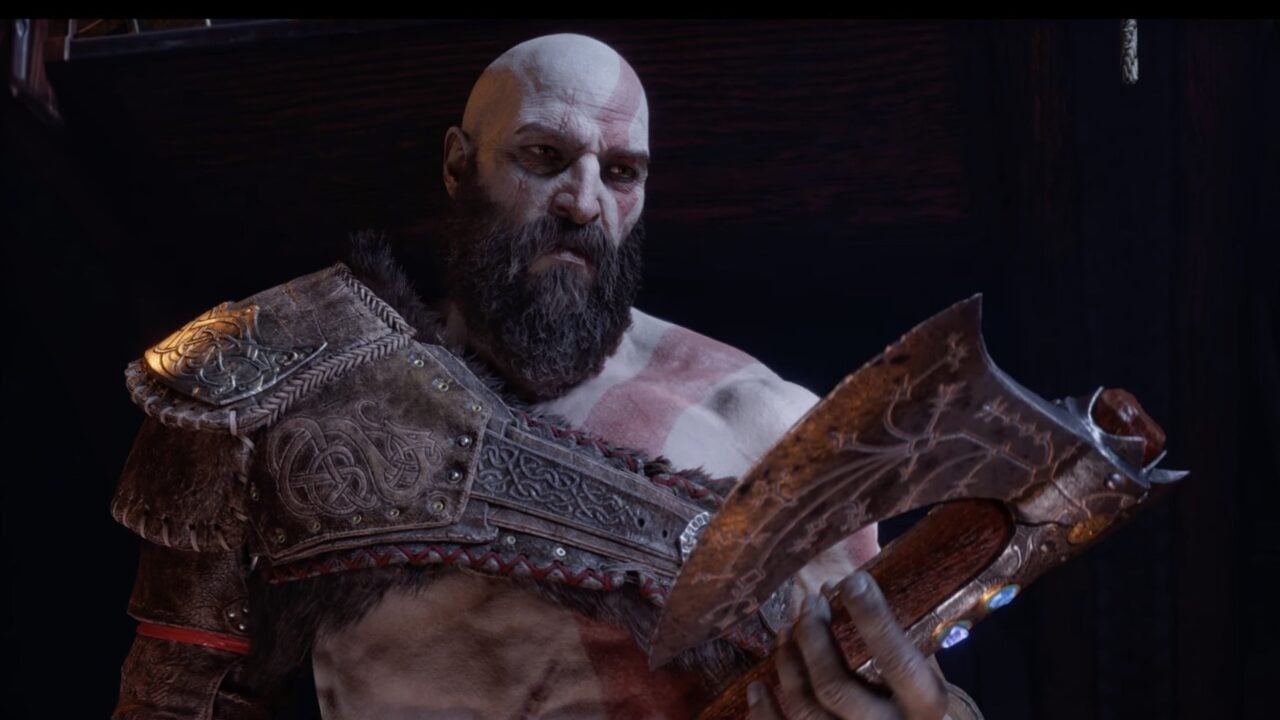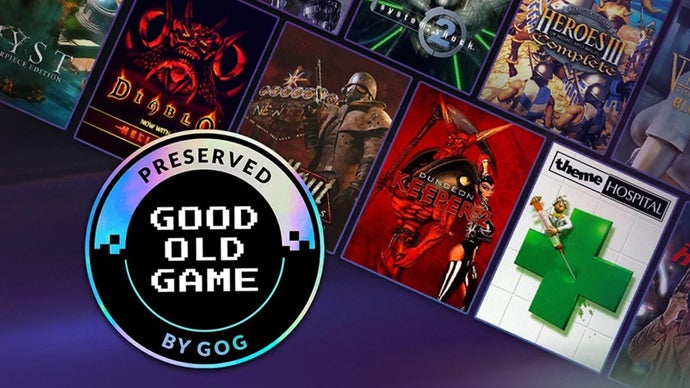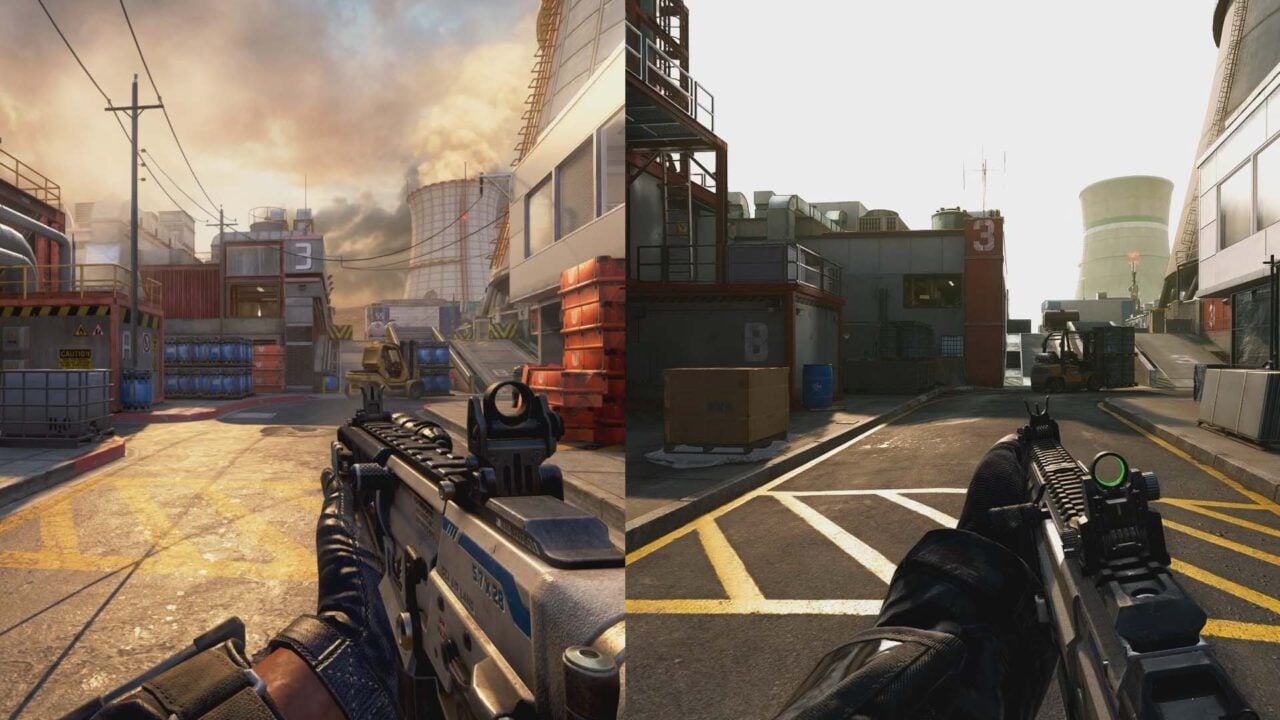### The Emergence of Intelligent Pokédexes: An Advancement in Pokémon Innovation
In a time when technological growth accelerates at remarkable speeds, Pokémon enthusiasts and developers have made considerable progress in fashioning groundbreaking gadgets that amplify the gaming experience. Among the most captivating breakthroughs is the development of operational Pokédexes that employ image recognition technology to detect Pokémon from toys and illustrations. Notably, the “World’s Smartest” Pokédex, created by BigRig Creates and Mr. Volt, distinguishes itself with its remarkable features.
#### What Makes the World’s Smartest Pokédex Unique?
This latest Pokédex not only identifies Pokémon but also offers in-depth information about them sourced directly from game databases. It acts as a voice assistant capable of responding to inquiries and presenting facts regarding each creature scanned. In contrast to conventional player interaction methods, this gadget harnesses state-of-the-art technology to forge an immersive user experience akin to the Pokémon anime.
#### Behind the Scenes: The Mechanism
At the heart of this technological wonder lies intricate programming that extracts information from the Pokémon Database, which catalogs over 1025 Pokémon. This comprehensive database provides detailed entries encompassing stats, viable attacks, and locations across various games. By merging this vast pool of knowledge, the Pokédex can offer users detailed information simply by scanning an image of the Pokémon.
The identification mechanism employs a reverse Google image search. This implies that whether aimed at a plush toy, fan art, or even a quickly sketched rendition, the device can typically name the relevant Pokémon accurately. BigRig Creates showcased this function through a 13-minute video that outlines the device’s development and capabilities.
#### Voice Technology: A Principled Perspective
Crafting a voice that closely mirrors that of the original anime’s Pokédex posed another obstacle. Instead of utilizing pre-recorded lines from voice actors Nick Stellate and Eric Stuart, BigRig Creates chose to design an AI text-to-speech model using his own voice. This choice reflects a dedication to ethical technology utilization and innovation in development, enabling him to create a voice inspired by the recognizable sound without violating trademarks or original performances.
#### Functionality and Precision
In presentations, the World’s Smartest Pokédex exhibited its competency in accurately identifying various Pokémon, including distinctive cases like recognizing a Ditto camouflaged as a Poipole. Nonetheless, like all technology, it has its shortcomings, as shown when it struggled to identify a Spinda Labubu. This detail emphasizes the continuous journey of technological growth, where perfection remains a challenging objective.
#### Conclusion
The advent of smart Pokédexes signifies yet another captivating convergence of technology and contemporary culture. The efforts of BigRig Creates and Mr. Volt not only illustrate the potential for gaming technology to advance but also display a commitment to ethical methodologies in AI development. As these devices evolve, they promise to enhance the engagement of fans with the cherished Pokémon franchise, delivering a deeper and more interactive experience for trainers from all age groups.

